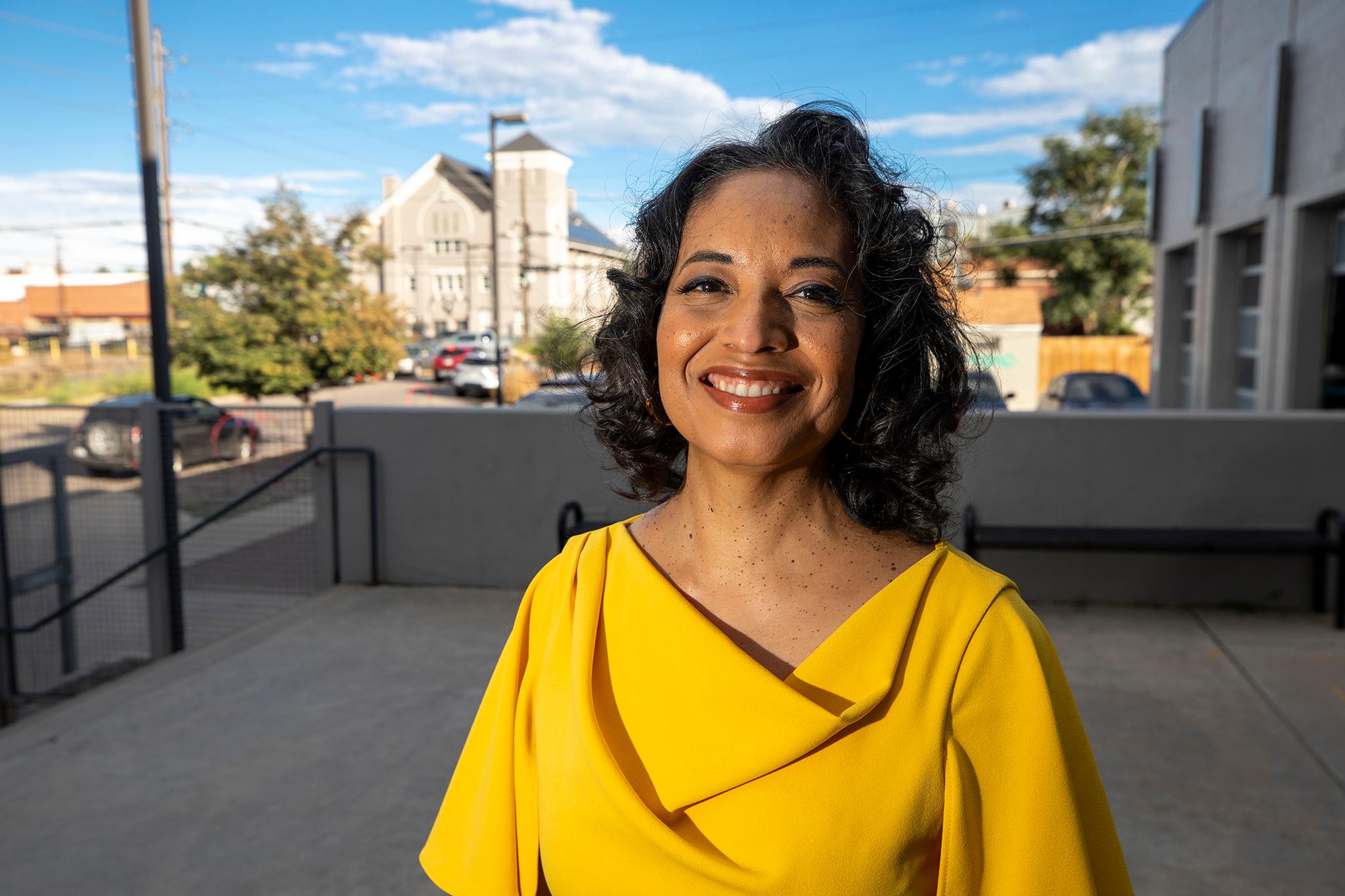Lisa Calderón announced she is once again running for mayor of Denver.
In 2019, she finished in third place, with fewer than half the votes then-incumbent Mayor Michael Hancock got.
This time, however, she has campaign experience and stronger name recognition entering the race.
"When we reimagine Denver, we can transform how city government operates and is viewed by the public," Calderón said in a statement, announcing her candidacy. "We don't have to choose between affordable housing and open space, but instead, invest in both. We can be a model city where small businesses thrive, and workers are paid equitably."
Calderón was born and raised in Denver and holds a doctorate in education.
She is a professor at Regis University. Calderón has said she became more involved in politics following an incident of police brutality involving her son in 2005. She felt at the time that then-city councilman Hancock wasn't responding to community concerns about aggressive policing.
"Dr. Calderón, a Black Latina and fourth-generation Denverite, believes her extensive experience as a leader in the nonprofit, city government, and education sectors are what sets her apart from the growing field of mayoral candidates," reads a section from her campaign announcement.
After Calderón lost the 2019 race for mayor, she became City Councilwoman Candi CdeBaca's chief of staff. She eventually left to run Emerge Colorado, which recruits and trains Democratic women to run for office. And she's a prominent leader of the group opposing development of the Park Hill golf course.
Leslie Herod, who's also running for mayor, is an alum of Emerge, and back in December Calderón told Denverite that she was "thrilled" Herod was considering a run for mayor.
"I'm still thrilled that we have dynamic Emerge Colorado women in both the Denver mayor's race and city council races," said Calderón. "I'm not running against any particular person now that the incumbent will finally be gone. I'm running my race for a new vision for Denver based on my unique qualifications and experiences."
Still, Calderón's entrance in the race was a surprise to James Mejia, a city politics observer, who worked in city government and ran for mayor in 2011. Calderón's candidacy "hurts Leslie the most," said James Mejia, a former high ranking city director and former mayoral candidate in 2011.
"I would say the one advantage [Calderón] has is having run before," said Mejia. "Anyone having done it before a) knows what they're in for, and b) knows the time and resource needs in order to get in that race."
Calderón rose to prominence, in part, as an antagonist of Hancock.
She is still in the middle of a federal lawsuit against Denver, filed in 2018, for canceling her jail reentry program contract, when she was director of the Community Reentry Program. She claims the cancellation was retaliation by Hancock for criticism she levied against the city, its safety administration and the sheriff's office.
According to the lawsuit, at a 2017 meeting, "the Mayor, while pointing at Ms. Calderón, stated that he was 'personally offended' and 'stung' by Ms. Calderón's criticisms of his and Executive Director of Public Safety Stephanie O'Malley's treatment of African American staff."
In Sept. 2019 a U.S. District Court judge dismissed the lawsuit, but an appeals court last year reinstated it.













